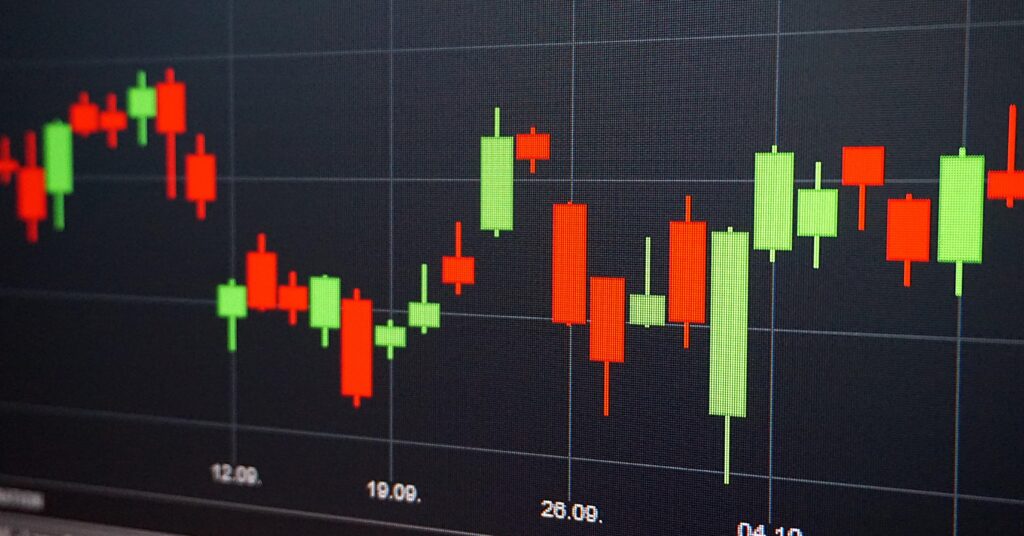Are you curious to know what is FII? You have come to the right place as I am going to tell you everything about FII in a very simple explanation. Without further discussion let’s begin to know what is FII?
Foreign Institutional Investment, commonly known as FII, plays a pivotal role in shaping the economic landscape of countries around the world. In this comprehensive guide, we will delve into the intricacies of FII, explore its significance in business, understand its relationship with DII, and differentiate it from FDI.
What Is FII?
Foreign Institutional Investment (FII) refers to the investment made by foreign institutions, such as mutual funds, pension funds, and hedge funds, in the financial markets of a country. This capital influx from foreign entities influences the stock market, bond market, and other financial instruments, impacting the overall economic scenario.
Dii Full Form:
DII stands for Domestic Institutional Investors. While FII represents foreign investments, DII signifies investments made by domestic institutions within a country. Understanding the interplay between FII and DII is essential for grasping the holistic picture of investment dynamics.
What Is FII In Business?
In the business realm, FII holds substantial significance as it injects foreign capital into local markets. This influx of funds can have far-reaching effects, influencing market trends, stock prices, and overall economic stability. Businesses often monitor FII activities to gauge investor sentiment and potential market movements.
What Is FII And Dii: Understanding The Relationship
FII and DII represent the dual forces of foreign and domestic institutional investments, respectively. The relationship between these two entities contributes to the overall liquidity and stability of financial markets. A balanced interaction between FII and DII is crucial for maintaining a robust and dynamic investment environment.
Difference Between Fdi And FII:
While both Foreign Direct Investment (FDI) and FII involve foreign capital, they differ in their scope and nature. FDI involves a long-term investment in a foreign enterprise, often leading to substantial control and ownership. On the other hand, FII entails shorter-term investments in financial instruments, with no direct control over the invested entity.
In the context of the share market, DII stands for Domestic Institutional Investors. These can include entities like insurance companies, mutual funds, and banks that invest in various financial instruments within the country. Understanding the role of DII alongside FII provides a comprehensive view of market dynamics.
What Is Foreign Institutional Investment:
Foreign Institutional Investment is an overarching term that encompasses the broader concept of foreign entities investing in a country’s financial instruments. This includes not only equity shares but also bonds, debentures, and other market instruments. FII is a vital component of the global financial ecosystem, fostering cross-border investment and diversification.
FII Example:
To illustrate FII in action, consider a scenario where a foreign mutual fund purchases a significant number of shares in a local company. This injection of foreign funds influences the stock’s demand and supply, potentially impacting its market value and the overall market sentiment.
Conclusion:
In conclusion, FII serves as a dynamic force in the economic landscape, shaping the trajectory of financial markets and influencing business dynamics. Understanding its role, the difference from DII, and its relationship with FDI is essential for investors, businesses, and policymakers alike. By grasping the nuances of FII, one can navigate the intricate web of international finance and make informed decisions in an increasingly interconnected world.
FAQ
What Is Meant By FII?
A foreign institutional investor (FII) is an investor or investment fund investing in a country outside of the one in which it is registered or headquartered. The term foreign institutional investor is probably most commonly used in India, where it refers to outside entities investing in the nation’s financial markets.
What Is FII And Fdi?
1. Foreign Direct Investment (FDI) refers to investments made by companies in foreign entities. Foreign Institutional Investment (FII) involves institutional investors investing in a country’s financial market. 2. Foreign Direct Investment (FDI) injects long-term capital into the company receiving the investment.
What Is An Example Of A FII?
Foreign institutional investments have favored the banking and construction sectors, as well as information technology companies. Major multinational companies involved in foreign institutional investment include Citigroup (C), HSBC (ADR -HSBC) and Merrill Lynch (MER).
Who Are FII Companies?
FII, or Foreign Institutional Investor, are foreign entities, including mutual funds, pension funds, and financial institutions, investing in foreign securities markets like stocks and bonds.
I Have Covered All The Following Queries And Topics In The Above Article
What Is FII In Economics
Dii Full Form
What Is FII In Business
What Is FII And Dii
Difference Between Fdi And FII
Dii Full Form In Share Market
What Is Foreign Institutional Investment
FII Example
What Is FII






